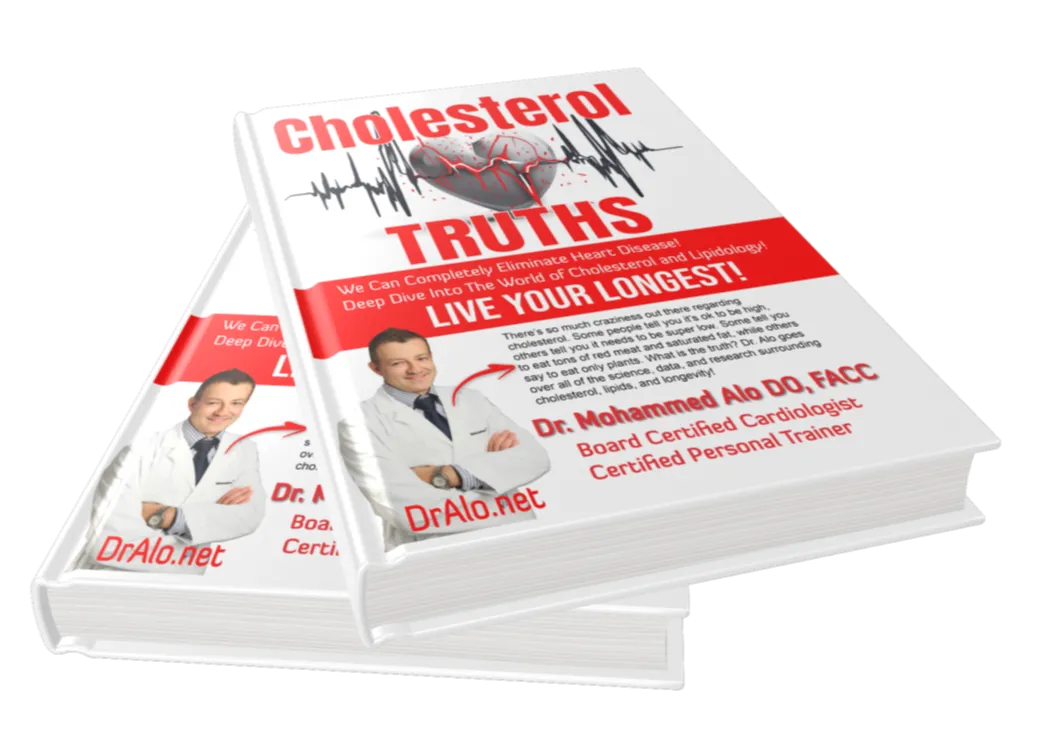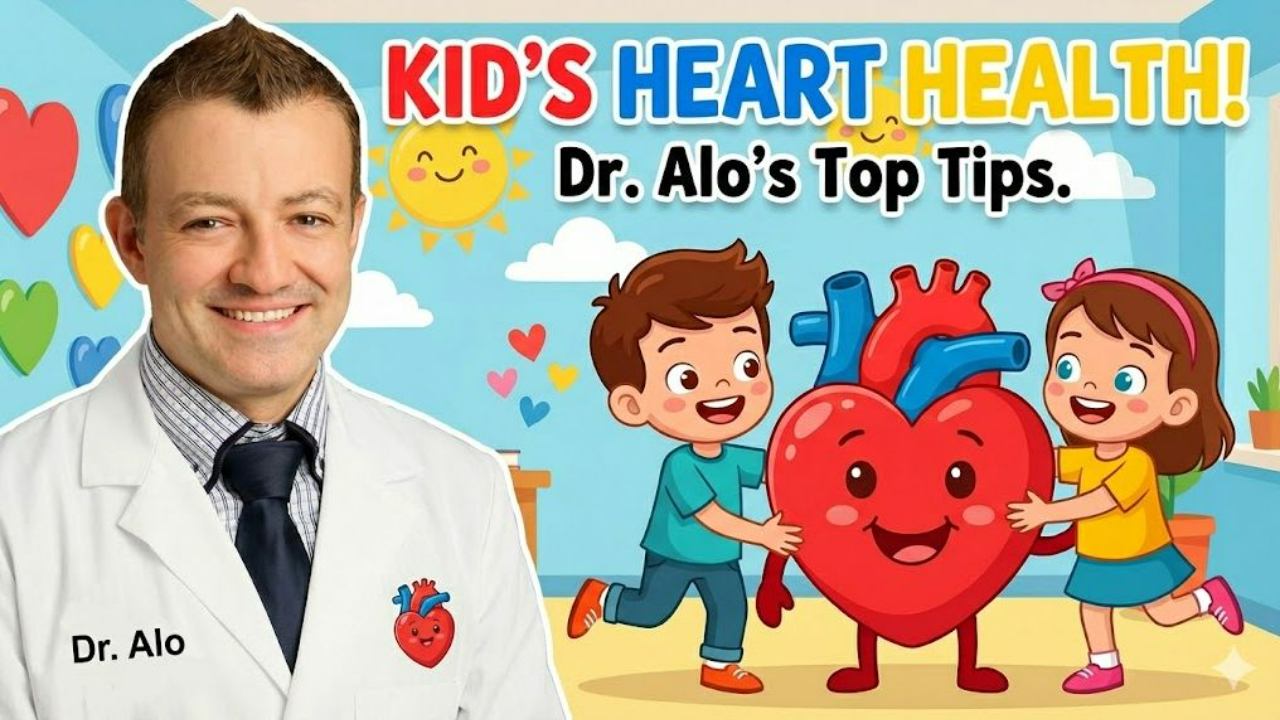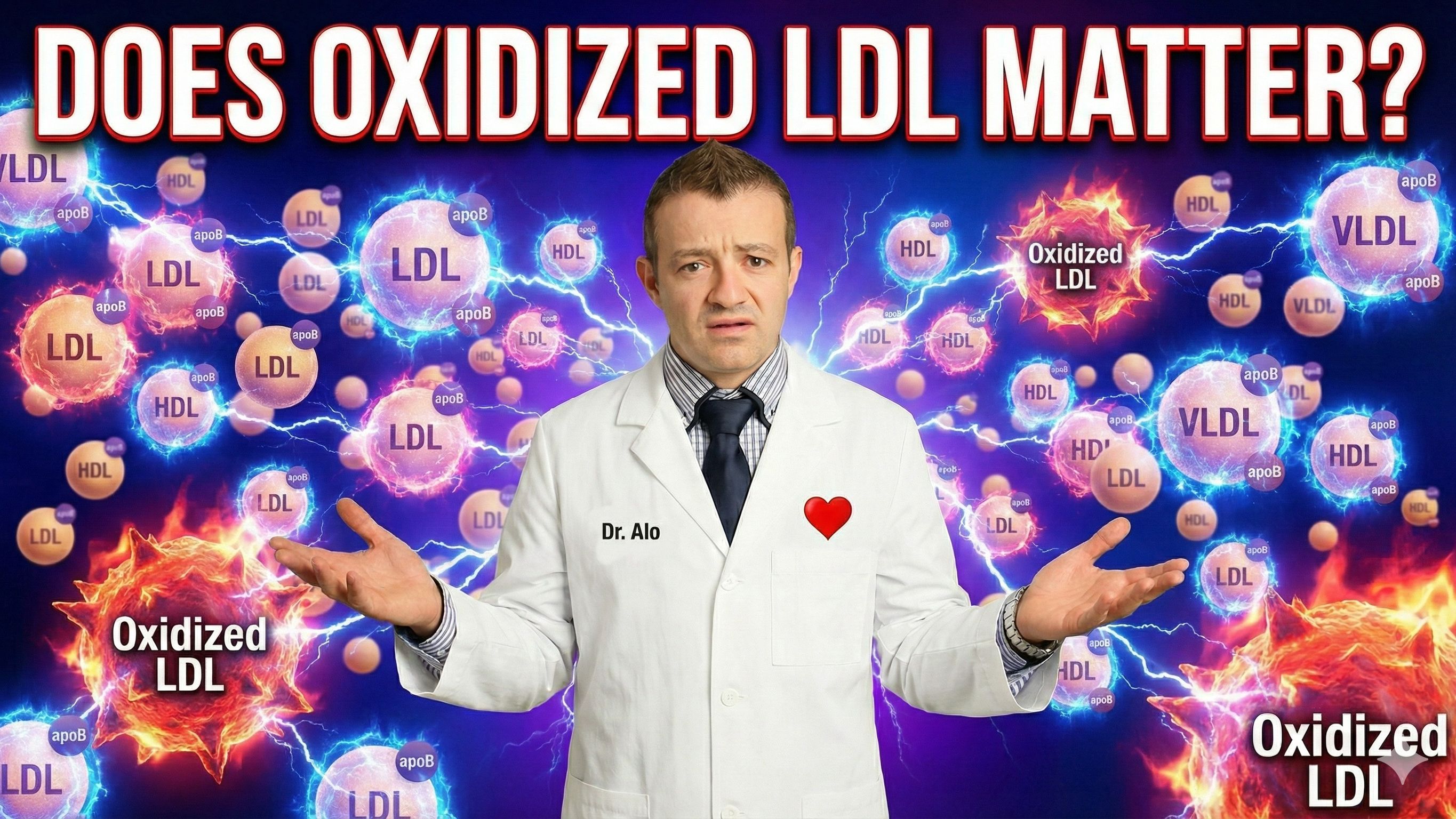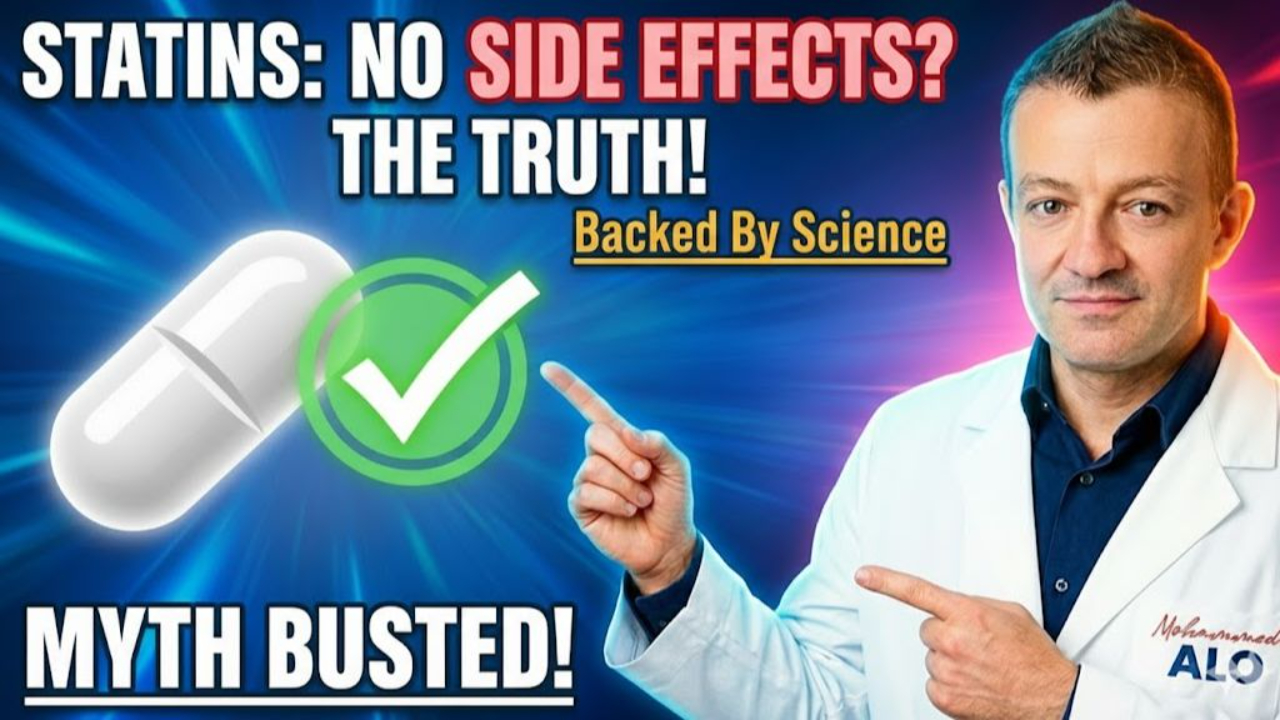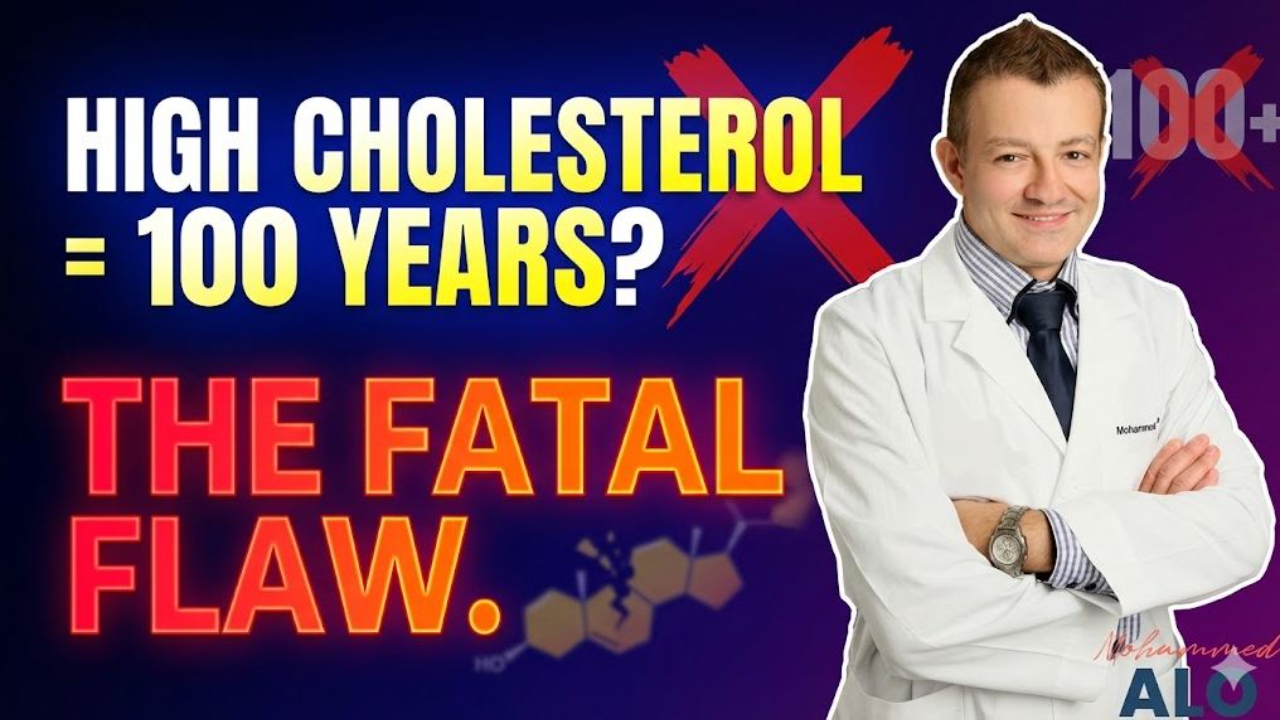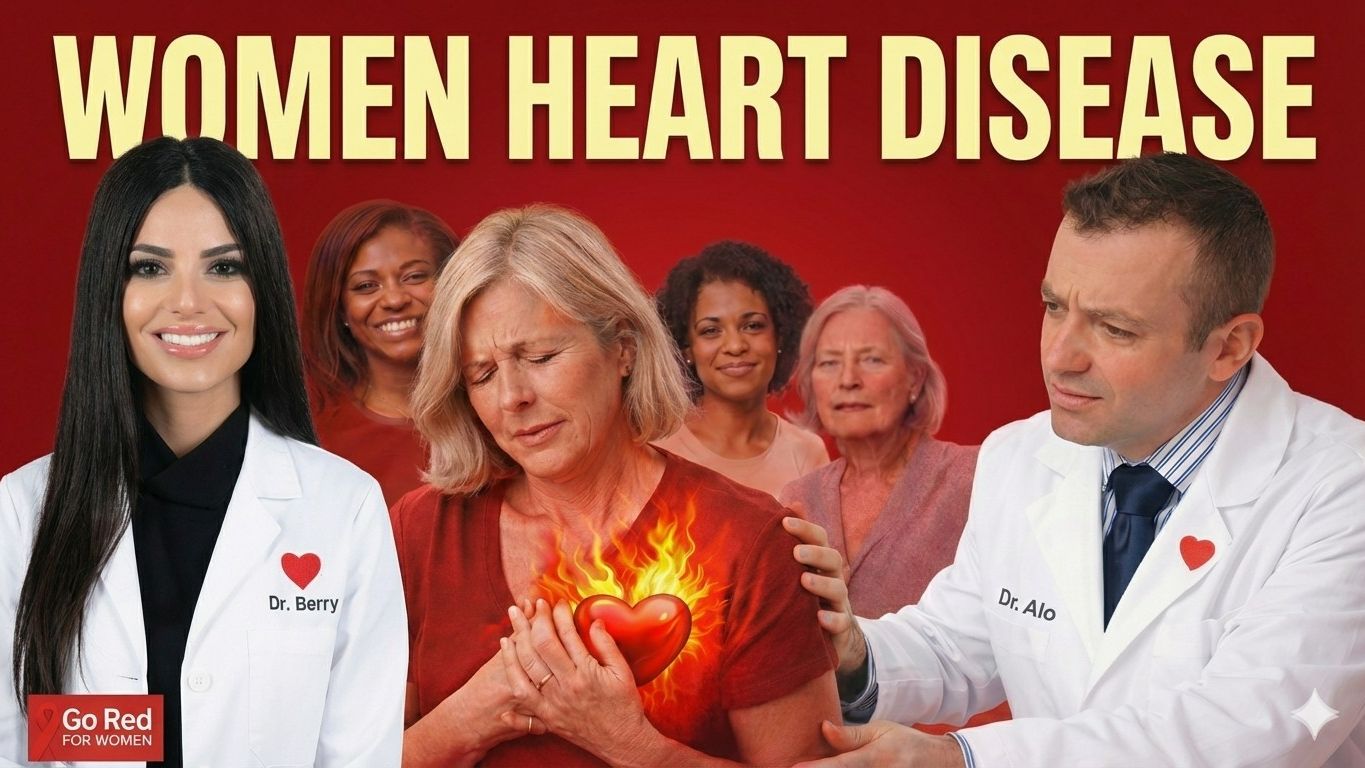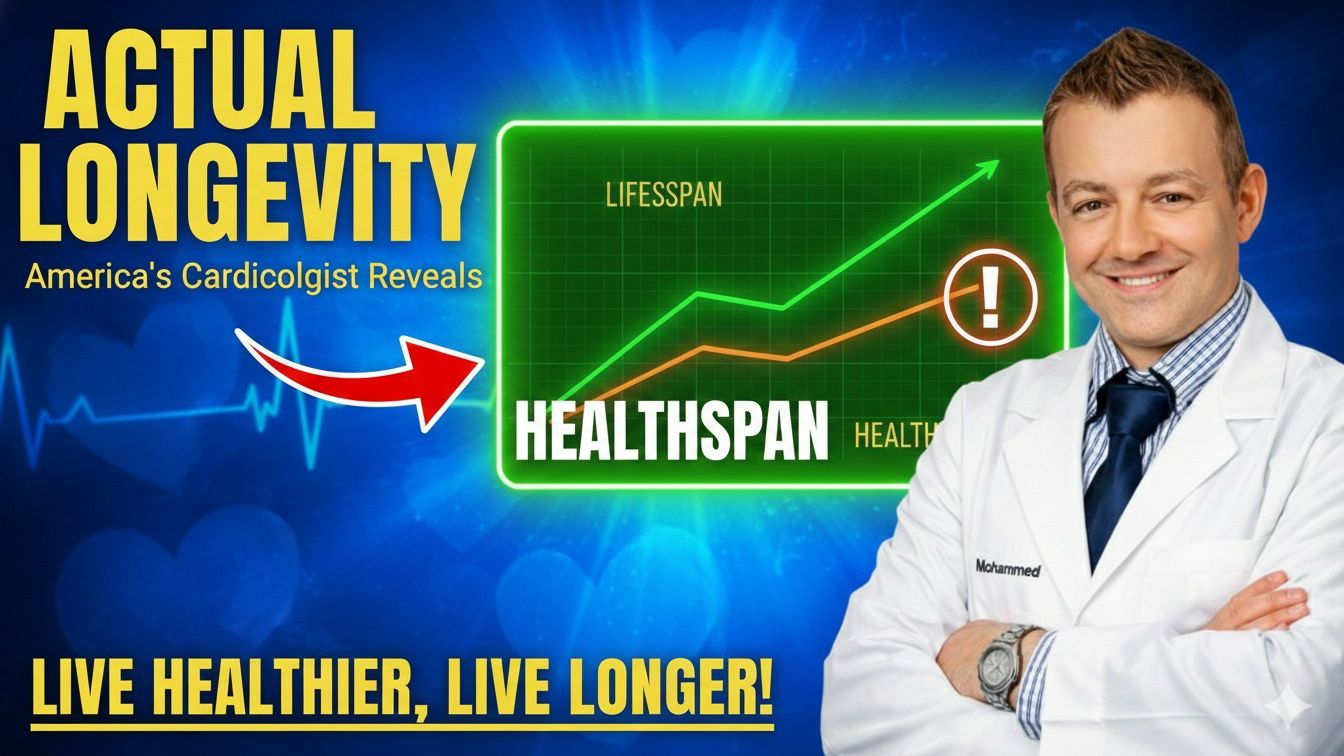Is Fish Oil Really Good For Your Heart?
Jun 12, 2024
Is Fish Oil Heart Healthy?
Using fish oil via diet, supplements, and by prescription has been debated since the beginning of time. It was first noted that the Japanese did not have as much heart disease as their American counterparts. Scientists postulated that it may be because they ate more fish than Americans. Some studies were done on fish oil supplementation and the results initially looked promising.
Because of its efficacy in high doses in safely lowering triglycerides, the FDA approved prescription strength capsules which had company branded names like Omacor, and then later in the US, Lovaza.
The 1000 mg capsules consisted of eicosapentaenoic acid (EPA) and docosahexaenoic acid (DHA). They were a DHA and EPA combination fish oil. Physicians used these products to reduce triglycerides, but also for some off label uses.
Lipidologists, but not many others, recognized Lovaza's potent ability to reduce triglycerides within lipoproteins. This created larger triglyceride depleted, but cholesterol rich LDL particles, which increased LDL-C, but was null or slightly reduced LDL-P (apoB). So, the rise in LDL-C had no meaning. This increase in LDL cholesterol was concerning, but mostly meaningless.
Over time, fish oil prescription capsules continued to be prescribed mostly for very high triglycerides.
It should be noted that non-prescription formulations of fish oil are considered “food supplements”. They are not “OTC”, over the counter medications. They are not regulated by the FDA and do not have to contain anything.
These fish oil supplements were used for any number of reasons, some legitimate but may not have been supported by studies.
So where do we stand on fish oil now?
Fish oil studies, which were not randomized trials looking at various outcomes, have yielded many results, some excellent and some equivocal.
Most of the trials on EPA and DHA have yielded mostly negative results.
Scientific Research On Fish Oil & Cardiovascular Disease
It all began with the GISSI-P and OMEGA trials. The GISSI-P trial was a trial where they added fish oil (EPA and DHA) to people who had a heart attack. It was not placebo controlled. It showed a 10% reduction in the composite endpoint of all-cause death, non-fatal MI, or non-fatal stroke. However, less than 5% of subjects were receiving a statin and this limits the relevance of the trial.
The OMEGA trial was similar to the GISSI-P but added olive oil as a placebo to make it placebo controlled. It showed no difference in outcomes.
Later, the VITAL and ASCEND trials wanted to show if fish oil, at low doses, worked on various primary prevention outcomes and for ASCVD. It was not a secondary prevention trial. They were the same as the OMEGA trial, but in people who had never had a cardiac event. They were also placebo controlled and showed no benefit.
More recently, the STRENGTH trial tested this again with a higher dose DHA and EPA combination fish oil and had to be stopped early because there was no benefit and a trend towards atrial fibrillation. It was a placebo-controlled trial where the placebo arm received corn oil. Corn oil is thought to be inert and non-inflammatory.
It's important to point out that the SRENGTH trial was the first and only trial to use free n3FA, which has far greater bioavailability than any other n3FA products that have ever been devised and tested. Every trial before this used n3FA attached to a vehicle, either a triglyceride, a phospholipid, or esterified to ethyl ester.
To be fair, most fish oil trials did show a trend toward atrial fibrillation (the most common irregular heart rhythm), but it was mostly in people that likely already had atrial fibrillation. Fish oil does not inherently cause atrial fibrillation. It may just help reveal it. Like how a burst of steroids for asthma may reveal insulin resistance or diabetes. Further, the absolute risk for atrial fibrillation was quite small.
Even more recently in 2020, the OMEMI trial was another fish oil combination trial with DHA and EPA which examined the effect of fish oil on elderly patients after having a myocardial infarction (heart attack). They put elderly patients on 1.8 grams of n3FA (PUFA) after an acute myocardial infarction and could not detect any reduction in clinical events after 2 years of being on the medication.
In 2007, the JELIS trial decided to evaluate only the EPA component of fish oil, to determine if there was any benefit to splitting the EPA from DHA. The JELIS trial was a trial of standard therapy (many were on a statin) and half the people received EPA. The group that received EPA had a 25% reduction in LDL-C and 19% relative risk of reduction in major adverse coronary events.
In absolute terms, you had reduced MACE from 3.5% in the control group (statin only) to 2.8% in the group taking statin and EPA. Not a huge difference. It was statistically significant with a p value of 0.011.
Fish Oil REDUCE-IT Trial Controversy
The REDUCE-IT trial was designed to investigate the effect of EPA in patients who had aggressively lowered their LDL-C with statin or statin plus ezetimibe, and all of whom had triglycerides > 136 mg/dL. Many were diabetics or considered to have increased ASCVD risk. They used only EPA (no DHA) and it was placebo controlled. This showed a marked reduction in cardiovascular events. People receiving fish oil had a 20-31% reduction in endpoints, depending on which endpoint you were examining. They also found a 13% reduction in all-cause mortality.
The trial has taken considerable flack because they did not use an inert placebo, they used mineral oil. Mineral oil is thought to be pro-inflammatory and cause CV events.
The placebo group, receiving the inflammatory mineral oil could have an increase in event rates of 25% and the fish oil looks like it caused a 25% reduction in cardiovascular events. This is problematic. The placebo was not a placebo.
Despite the placebo controversy, the study has been determined to be credible and all guidelines now advise use of 4000 mg of EPA to reduce residual risk in high-risk patients with elevated triglycerides and well controlled, with lipid medication, LDL-C. It can be an adjunct therapy if a patient still has elevated triglycerides, and the LDL-C is well controlled on other medications.
REDUCE-IT:
https://www.nejm.org/doi/full/10.1056/nejmoa1812792
A large meta-analysis evaluated the incidence of atrial fibrillation from fish oil and found that trials that used more than 1g per day of fish oil had the highest incidence of atrial fibrillation at about 49% increase. Trials that used less than 1g per day only had a 12% increase in atrial fibrillation.
Study:
https://pubmed.ncbi.nlm.nih.gov/34612056/
Fish Oil And Cardiac Imaging Studies
The EVAPORATE trial looked at high resolution CT angiography of coronary plaque in individuals who were given EPA versus those who received mineral oil placebo. There was a slight decrease in lipid rich plaque in the EPA group. This suggests that the reduction in cardiovascular events in REDUCE-IT may in fact have been due to reduced lipid rich plaque burden. This helped answer whether or not mineral oil was in fact inflammatory.
As a side note, studies that use imaging as endpoints, are generally hypothesis generating and are not powered to show a reduction in cardiovascular event rates or mortality.
In 2017, another study was published where they decided to add fish oil (EPA and DHA) to low dose versus high dose statin to determine the effect on plaque volume. The trial showed that adding fish oil to the low dose statin group reduced plaque volume more than adding it to those on a higher, more intense statin group. Hence, the conclusion was that the benefit was actually due to the higher intensity statin and not necessarily the fish oil. Again, this is an imaging study.
Read the study:
https://www.ahajournals.org/doi/10.1161/JAHA.117.006981
In May of 2021, a meta-analysis was published to evaluate the effect of fish oil on plaque volume via imaging. They looked at 8 studies where fish oil was added to statin therapy. They did find that fish oil + statin improved plaque morphology and prevented progression of plaque. They said it even caused some amount of regression. But there was no change in outcomes, or at least, that was not what they were evaluating. They did postulate that this may eventually result in a reduction in cardiovascular events.
Read the study:
https://www.ajconline.org/article/S0002-9149(21)00367-2/fulltext
RESPECT-EPA Trial
In November of 2022, the RESPECT-EPA trial was published which was not placebo controlled. They had a non-significant trend towards benefit. The authors themselves admit it was statistically underpowered, had high dropout rates due to gastrointestinal problems, and high percentage or protocol violation rates. You also had higher atrial fibrillation rates in the EPA arm. As discussed earlier, atrial fibrillation does not suddenly occur in people without it.
Vitamin D, Fish Oil VITAL Trial
In the VITAL study, scientists wanted to evaluate the effects of Vitamin D and marine omega 3 fatty acid (actual fish derived, fish oil) compared to an olive oil placebo, the fish oil group, which was DHA and EPA, did not significantly reduce the primary endpoint of cardiovascular disease events (heart attacks, strokes, and CV mortality).
Read the study:
https://www.acc.org/Latest-in-Cardiology/Clinical-Trials/2018/11/08/22/42/VITAL
https://pubmed.ncbi.nlm.nih.gov/36378553/
The largest meta-analysis ever conducted on fish oil was published in 2018. This is the largest systematic review and assessment that has ever been done on fish oil. They looked at 79 trials and over 100,000 patients. They concluded that…
“This is the most extensive systematic assessment of effects of omega-3 fats on cardiovascular health to date. Moderate- and high-quality evidence suggests that increasing EPA and DHA has little or no effect on mortality or cardiovascular health (evidence mainly from supplement trials). Previous suggestions of benefits from EPA and DHA supplements appear to spring from trials with higher risk of bias. Low-quality evidence suggests ALA may slightly reduce CVD event and arrhythmia risk.”
Take a look at the forest plot from the study:

The forest plot demonstrates that to the left of the center line favors higher fish oil. Anything to the right of the line favors lower fish oil. You will see that it’s pretty equivocal with very wide confidence intervals.
Read the review here:
https://pubmed.ncbi.nlm.nih.gov/30521670/
Are Fish Oil Supplements Contaminated?
Another major issue is that most fish oil supplements are contaminated or contain no fish oil at all. In fact, in New Zealand most fish oil was oxidized, rancid, and did not contain enough fish oil.
https://www.nature.com/articles/srep07928
In the United States we have the same problem. After analyzing nearly 3000 fish oil supplements, the health claims being made on the bottles did not actually conform to FDA regulations nor had scientific evidence for those claims. Most of them did not contain the correct amounts of fish oil. Only 2.4% of the fish oil supplements actually contained 3g or more of EPA and DHA.
If you look at the chart from the study, most fish oil supplements contained very little, if any, fish oil. (chart in supplemental guide)

Read the full article:
https://jamanetwork.com/journals/jamacardiology/article-abstract/2808769
Where Do Cardiologists Stand On Fish Oil?
Dr. Steve Nissen, chief of cardiology at Cleveland Clinic, was quite blunt and said the following,
“Fish oils increase the risk of atrial fibrillation substantially, and there is no solid evidence that they help the heart in any way. It’s a sad story for cardiology.”
JELIS Trial:
https://www.thelancet.com/article/S0140-6736(07)60527-3/fulltext
RESPECT-EPA Trial:
https://www.r3i.org/focus-122
https://www.acc.org/Latest-in-Cardiology/Clinical-Trials/2022/11/05/03/10/respect-epa
Good fish oil summary study:
https://www.ncbi.nlm.nih.gov/pmc/articles/PMC8211000/
In January of 2024, a subgroup analysis was done on the REDUCE-IT cohort and examined patients that had ACS (acute coronary syndrome) within the last 12 months to see if there was any additional benefit or to see if EPA (IPE) fish oil improved outcomes versus placebo. They found a 9.3% reduction in absolute risk and a number needed to treat of just 11. This is very promising and will perhaps give us more data and direction.
Study:
https://academic.oup.com/eurheartj/advance-article/doi/10.1093/eurheartj/ehad889/7584871
Another study examined the actual amount of fish oil in most commercially available EPA and DHA supplements and found that half the samples did not contain the stated amount of fish oil and two-thirds of the products contained excessive amounts of saturated fat and cholesterol. They also stated that many of these supplements contained “potentially harmful ingredients”.
Study:
https://onlinelibrary.wiley.com/doi/10.1002/jsfa.6816
A cohort study looking at the UK Biobank data published in April 2024 found that those who used fish oil had a slightly higher incidence of stroke and atrial fibrillation but and lower risk of progression of cardiovascular disease.
Study:
https://bmjmedicine.bmj.com/content/3/1/e000451
My opinion on fish oil is that it should not be used first line to treat anything on your lipid panel. Not LDL-C, not triglycerides, not anything. Please use statins first and foremost and the other therapeutics that I have outlined in the therapeutics section. It may play a role in very niche cases and the data is still developing. We will know more in the upcoming years.
Should You Eat Fish?
It is important to note that eating actual fish has been shown to reduce cardiovascular mortality and event rates significantly. This is another case of the sum of all the parts is more beneficial than the single ingredients.
We saw this with Vitamin E supplementation. When you eat fruit and food that is high in Vitamin E, you live longer. But when you take Vitamin E as a supplement, you increase all-cause mortality.
Read the study on Vitamin E:
https://www.ncbi.nlm.nih.gov/pmc/articles/PMC1479533/
A meta-analysis that included 672,389 participants demonstrated that eating fish reduced all-cause mortality by about 6%.
https://pubmed.ncbi.nlm.nih.gov/25969396/
Perhaps the largest analysis on fish consumption showed that people who eat more fish most likely also ate more fruits and vegetables and avoided foods and dietary patterns that are considered unhealthy. They also drank less alcohol and were generally healthier in other ways. They also concluded that we should still recommend fish intake despite the “healthy user bias”.
https://www.ncbi.nlm.nih.gov/pmc/articles/PMC4356893/
The National Lipid Association also published their guidelines on fish oil (EPA) supplementation and their opinion on its use. Here’s is a direct quote from their publication,
“Based on this review, the NLA position is that for patients aged ≥45 years with clinical ASCVD, or aged ≥50 years with diabetes mellitus requiring medication plus ≥1 additional risk factor, with fasting triglycerides 135 to 499 mg/dL on high-intensity or maximally tolerated statin therapy (±ezetimibe), treatment with IPE is recommended for ASCVD risk reduction (evidence rating: class I; evidence level: B-R)”.
Grab the NLA free PDF:
https://www.lipidjournal.com/article/S1933-2874(19)30321-6/fulltext
American Heart Association And American College Of Cardiology Fish Oil Guidelines
What do the new 2023 American College of Cardiology and American Heart Association Guidelines say about fish oil? It’s a very long document written for clinicians. But they did publish some highlights. Here are the highlights.

Read number 9 very carefully. They do not recommend dietary supplements, including fish oil and omega 3 fatty acids “given the lack of benefit”.
Read the new guidelines:
https://www.ahajournals.org/doi/10.1161/CIR.0000000000001168
Click on the red PDF button at the top left. It’s 111 pages long, but an excellent read.
Final Thoughts
As it stands currently, it's hard to recommend fish oil supplements. The data on supplements has been mostly negative and or neutral. But mostly negative.
Fish oil prescriptions, like Vascepa (EPA only) or Lovaza (DHA and EPA) can be used in very specific and very rare uses in terms of managing lipids. But only a cardiologist and or lipidologist should probably prescribe these, not the average primary care practitioner.
Did You Like This Article?
This post is a chapter from my new Cholesterol Book. If you want updates on when that book will be ready for purchase, click on my updates link and sign up to receive updates:
Still Have Questions? Stop Googling and Ask Dr. Alo.
You’ve read the science, but applying it to your own life can be confusing. I created the Dr. Alo VIP Private Community to be a sanctuary away from social media noise.
Inside, you get:
-
Direct Access: I answer member questions personally 24/7/365.
-
Weekly Live Streams: Deep dives into your specific health challenges.
-
Vetted Science: No fads, just evidence-based cardiology and weight loss.
Don't leave your heart health to chance. Get the guidance you deserve. All this for less than 0.01% the cost of health insurance! You can cancel at anytime!
[👉 Join the Dr. Alo VIP Community Today]



